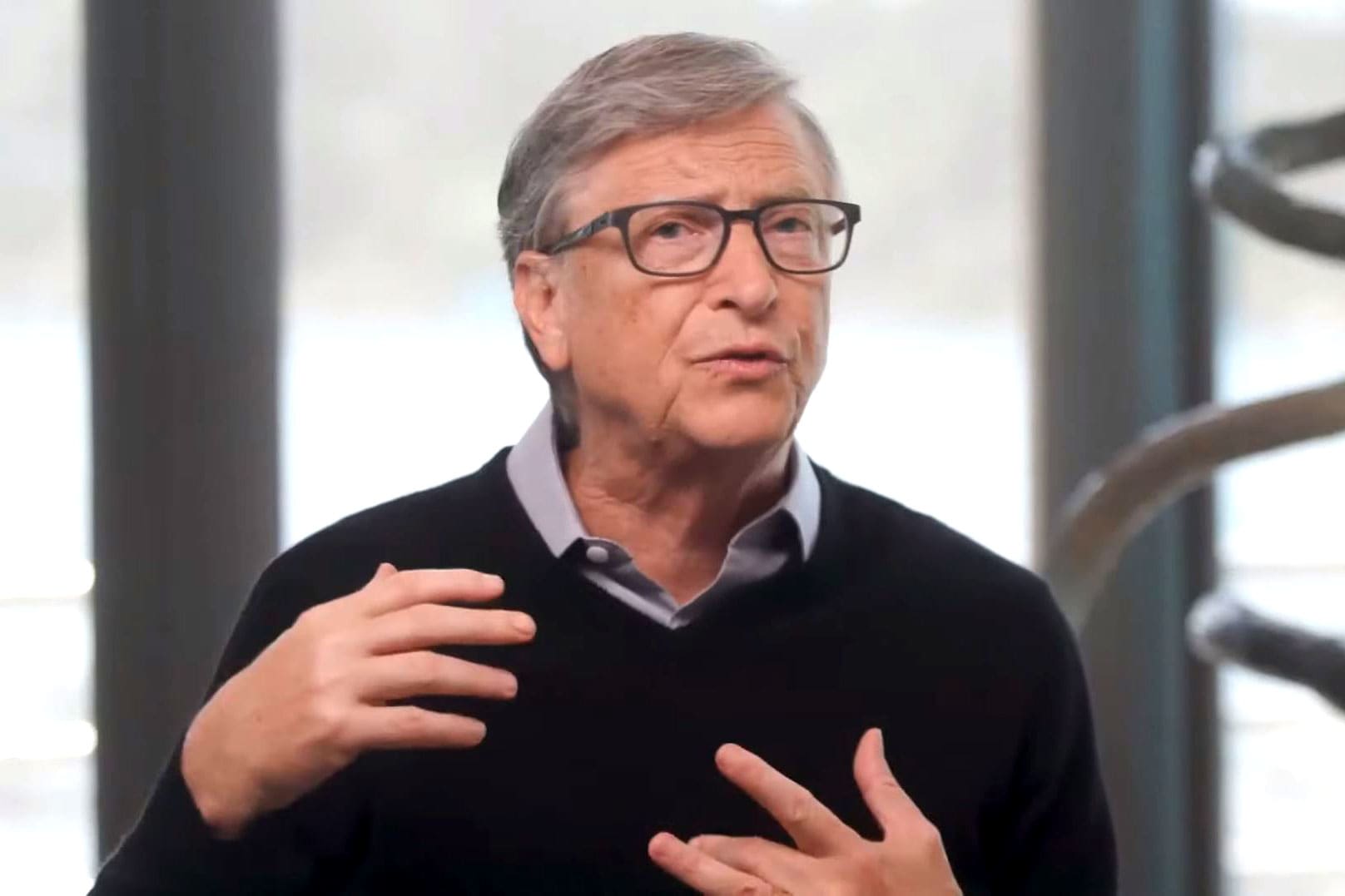
Bill Gates told CNBC that Johnson & Johnson‘s and Novavax‘s vaccines will still be essential tools against new, emerging variants of the coronavirus — even though the companies have said their shots may be less potent against a strain found in South Africa.
Novavax said on Jan. 28 that its vaccine was nearly 90% effective in protecting against Covid-19 in its phase three trial conducted in the U.K. but had a muted response in South Africa, with an efficacy rate of just 49.4% among 44 cases in the country. A day later, J&J said its vaccine was 66% effective overall, but just 57% effective in South Africa, where strain B.1.351 is rapidly spreading.
Gates, whose foundation has donated millions to coronavirus vaccine and treatment research, told CNBC that the two vaccines, which have not yet been authorized for use in the United States, can be effective against coronavirus mutations.
People understand that “there is reduced efficacy, although Novavax and Johnson & Johnson still retain a lot of capability against those variants,” he told CNBC’s Andrew Ross Sorkin in an interview that aired Thursday on “Squawk Box.”
Gates questioned whether a third dose of a vaccine would be enough of a boost to protect against new variants.
“There’s a rich dialogue between our foundation, Dr. [Anthony] Fauci and the other government people right now about this variant strategy,” said Gates, co-chair of the Bill and Melinda Gates Foundation and co-founder of Microsoft.
Gates’ comments come as U.S. officials push Americans to get vaccinated as quickly as possible before potentially new and even more dangerous variants of the virus emerge.
As of Tuesday, the Centers for Disease Control and Prevention has identified 1,277 cases of the B.1.1.7 variant first identified in the U.K. The agency has identified 19 cases of the B.1.351 strain from South Africa as well as three cases of P.1, a variant first identified in Brazil.
The U.S. needs to rapidly deploy Covid-19 vaccines and ramp up its genetic sequencing of variants before the virus can mutate again and make the pandemic even worse, the head of the CDC said in a paper published on Wednesday.
The B.1.1.7 variant has proven to be highly transmissible, and “preliminary data suggest the possibility of increased severity of disease with infection,” CDC Director Dr. Rochelle Walensky wrote in a research opinion published in the Journal of the American Medical Association, or JAMA.
Fauci, the White House’s chief medical advisor and the nation’s leading infectious disease expert, has repeatedly said in recent weeks that viruses cannot mutate if they don’t have hosts to infect and are unable to replicate.
Fauci also recently touted J&J’s vaccine, saying even though it appeared to be less effective than vaccines from Pfizer and Moderna, it was still able to keep people out of the hospital and prevent them from getting severe illness.
“The most important thing, more important than whether you prevent someone from getting aches and a sore throat, is preventing people” from getting severe disease, the director of the National Institute of Allergy and Infectious Diseases said on a call with reporters on Jan 29. “That will alleviate so much of the stress and human suffering and death in this epidemic.
Gates was also confident that nations and drugmakers will be able to ramp manufacturing so there are enough doses to immunize the world. He added thought that getting the shots into developing countries will the “only way to bring the pandemic to an end.”




